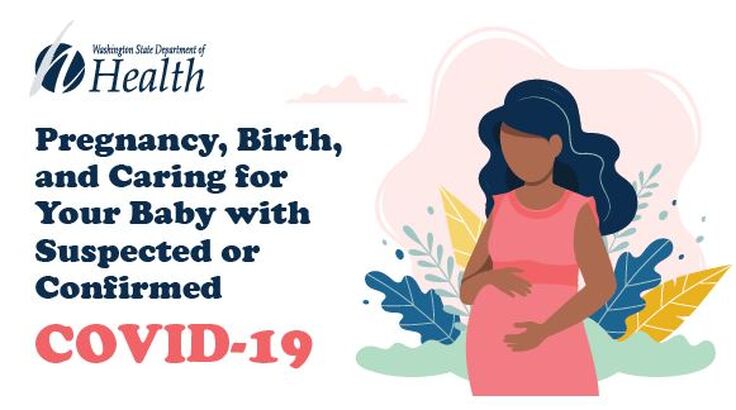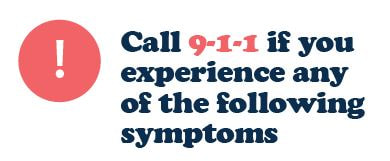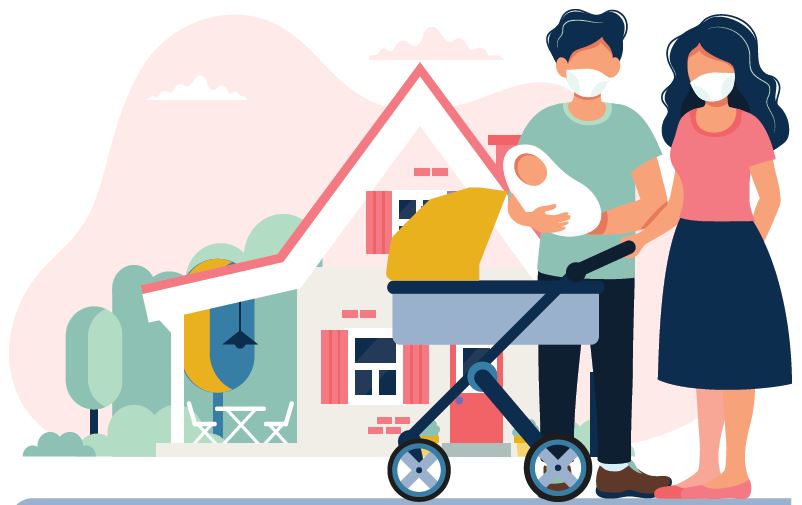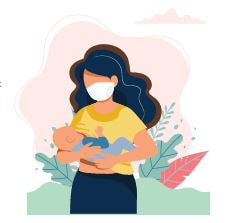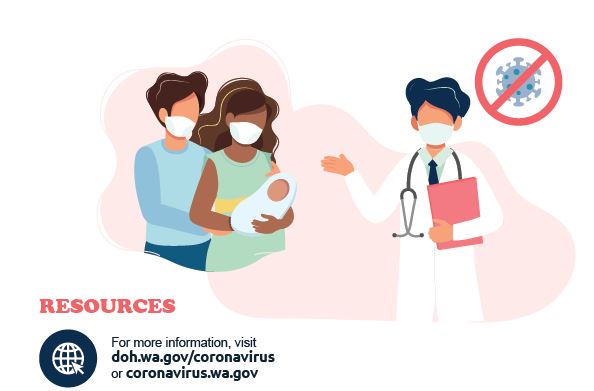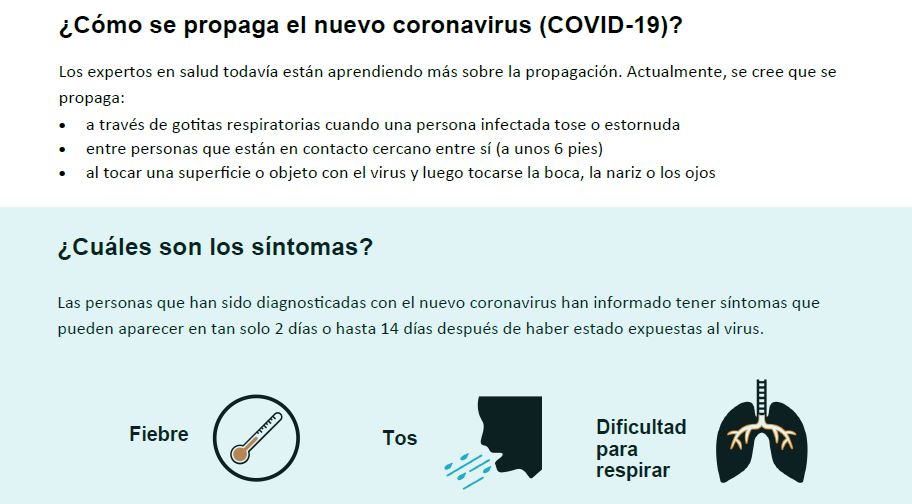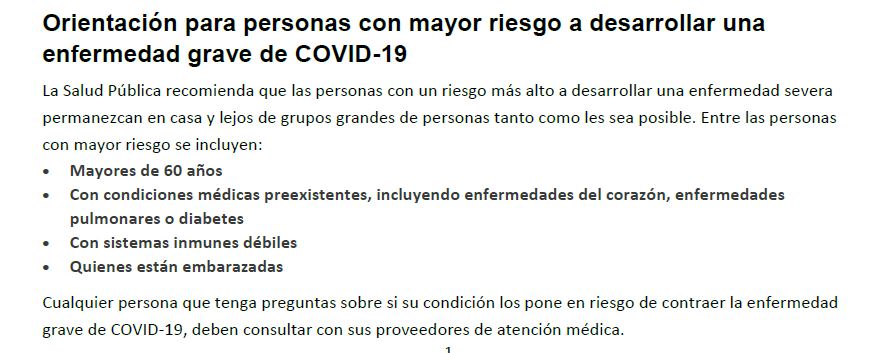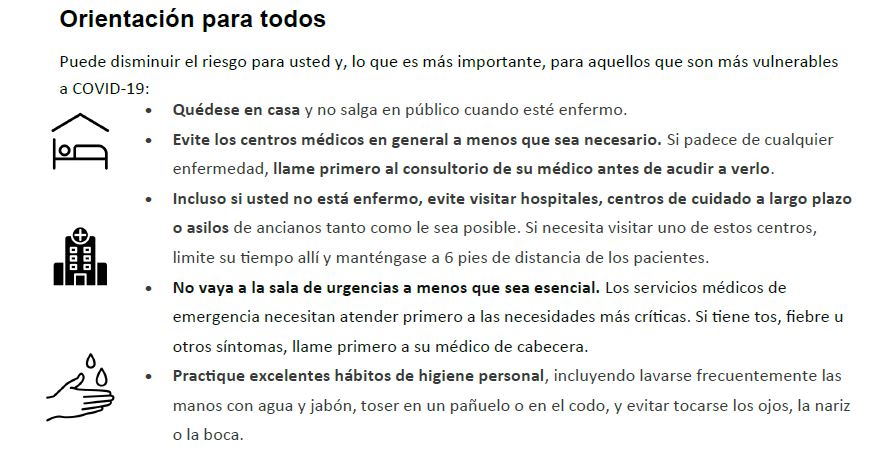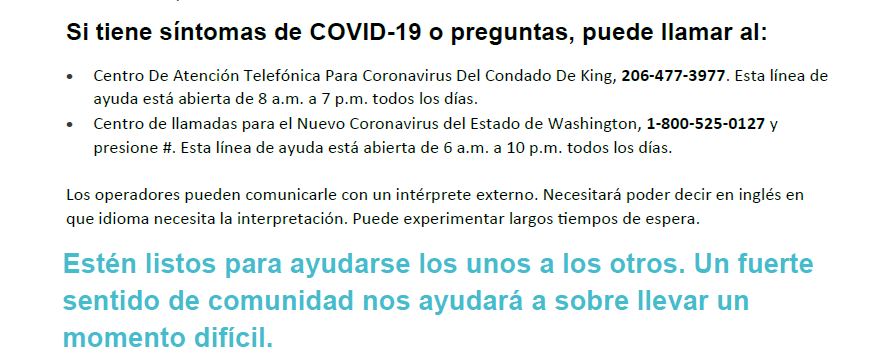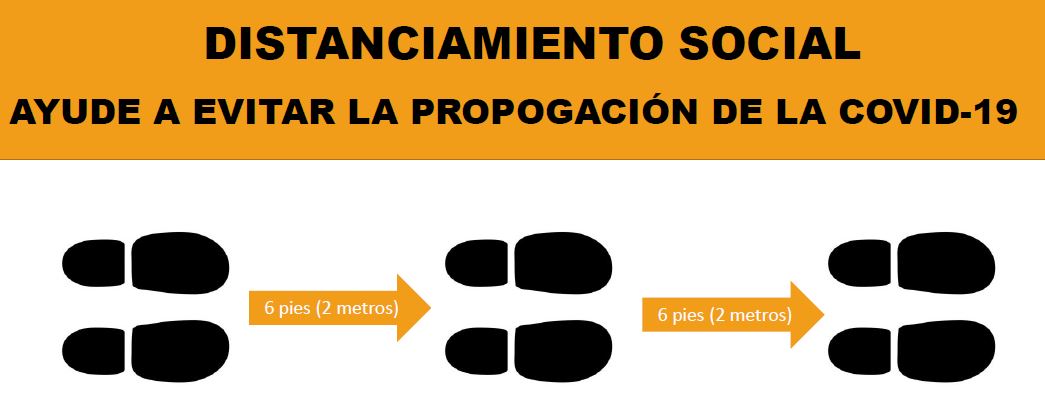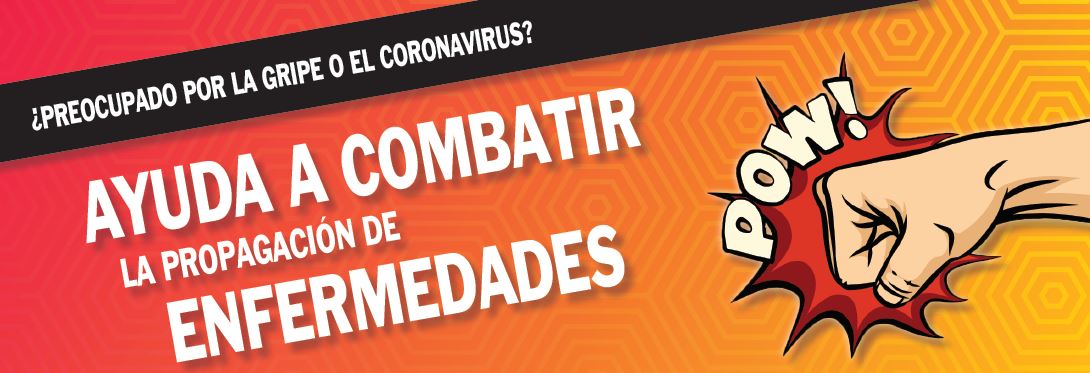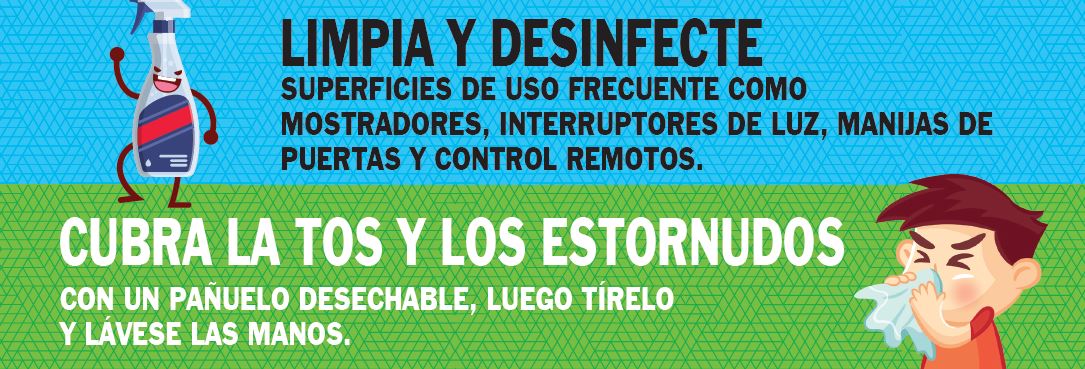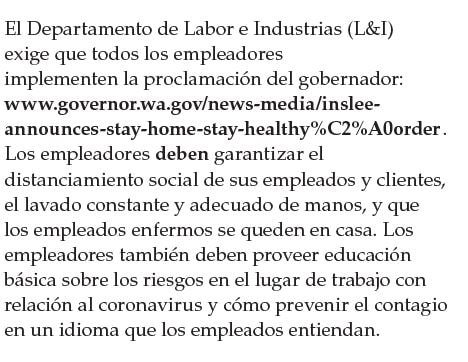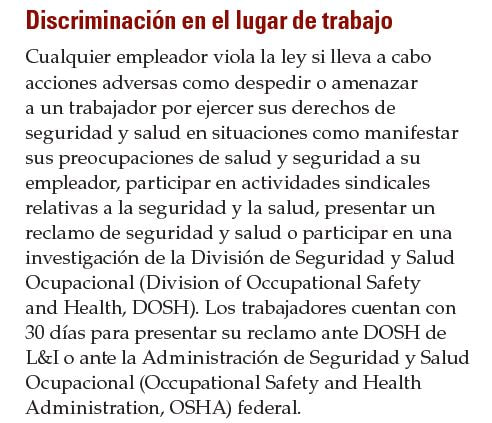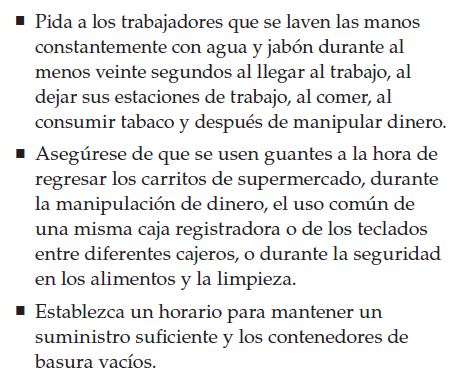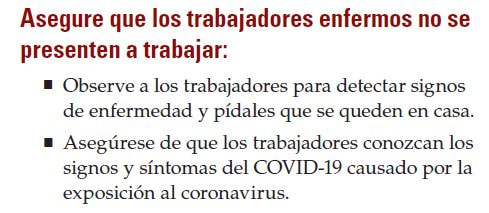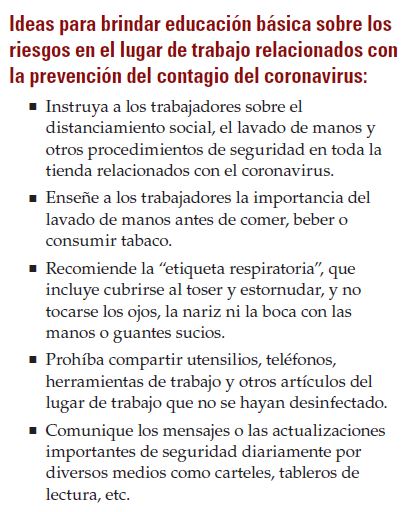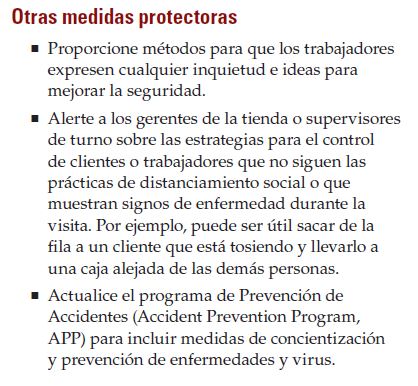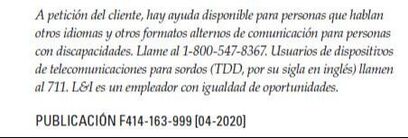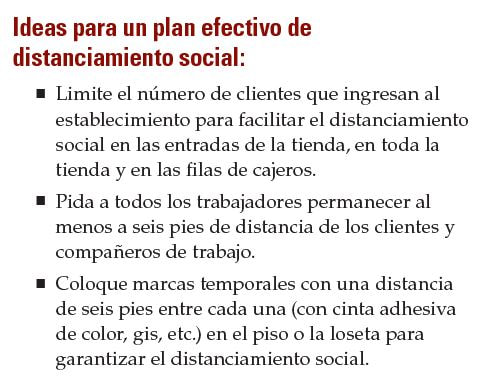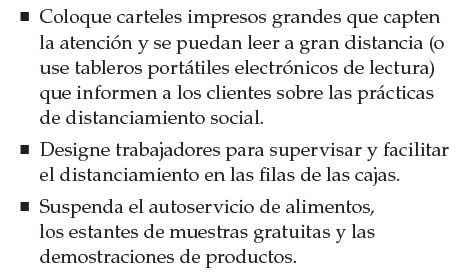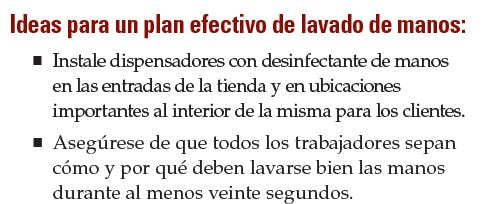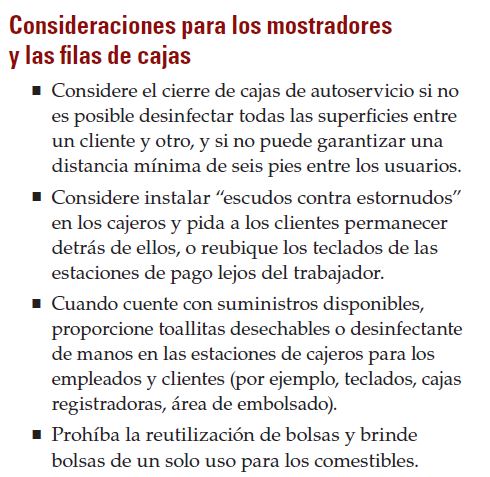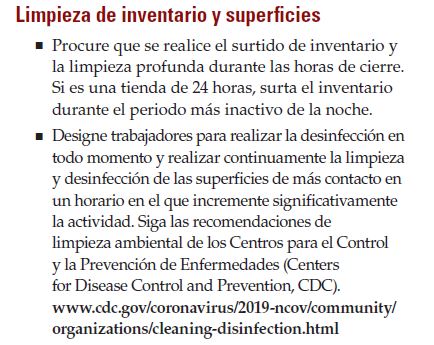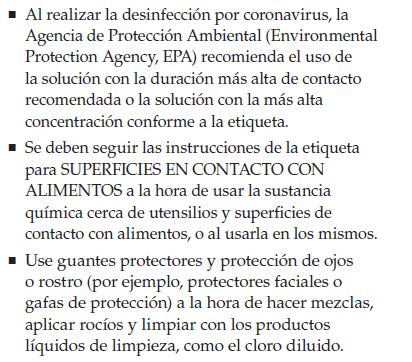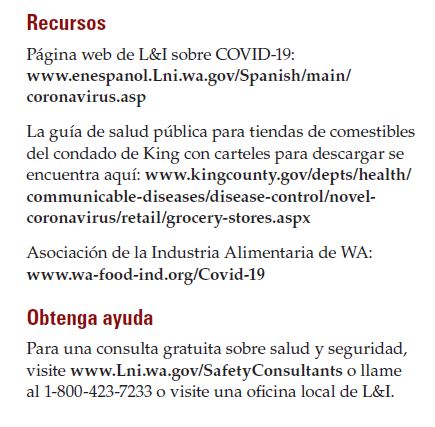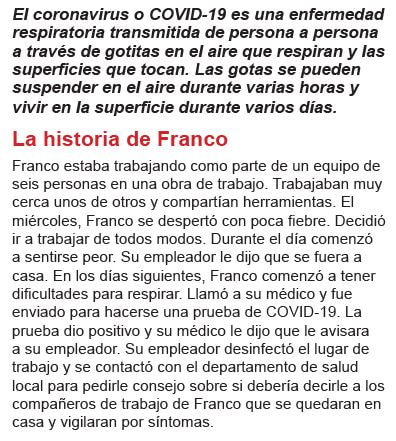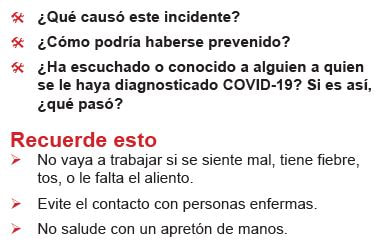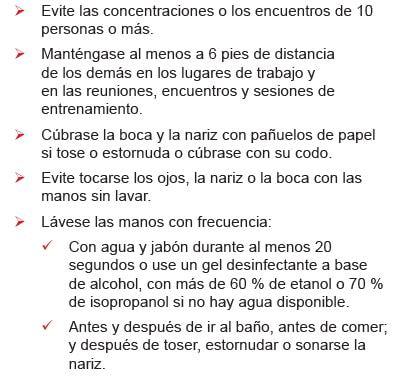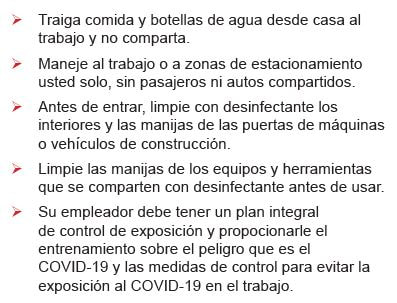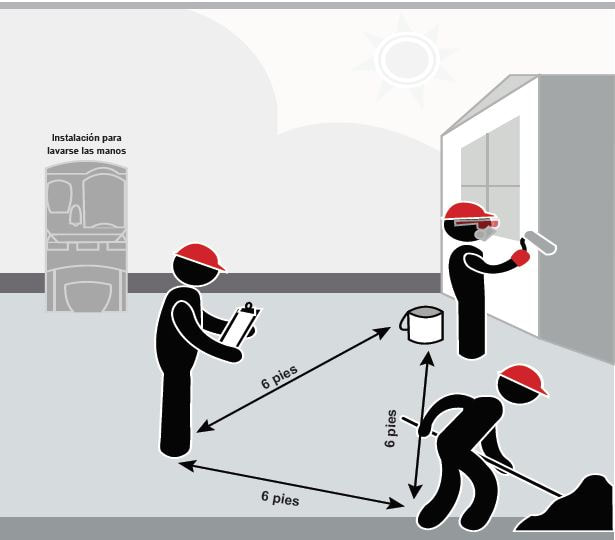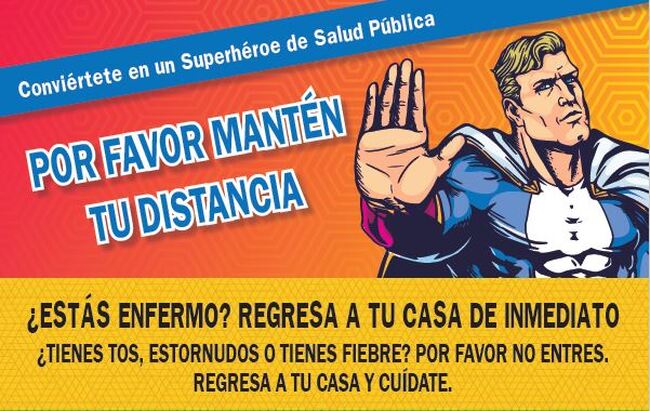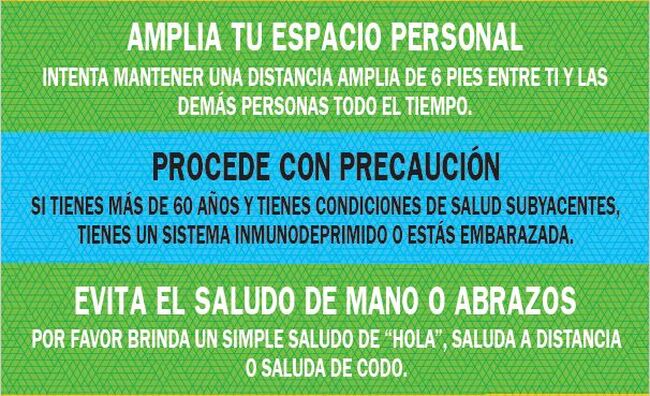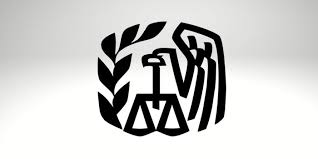|
Every day we are learning more about the disease caused by the coronavirus (COVID-19) and how to care for people during pregnancy, birth and postpartum. As we learn more, recommendations may change, but this is what we know now. Having COVID-19 during pregnancy
LABOR & BIRTH with suspected or confirmed COVID-19If you have COVID-19, talk with your healthcare provider about what will happen during labor, delivery and postpartum. After your baby is born, it is possible for your baby to get sick with COVID-19. Discuss your options with your healthcare team and make a decisions that feels right to you. Your provider may recommend one of the following: You and your baby stay in the |
| | Stigma Reduction Misinformation about coronavirus and COVID-19 can create fear and hostility that hurts people and makes it harder to keep everyone healthy. We’re stronger as a community when we stand together against discrimination. Take advantage of these resources to prevent, interrupt, and respond to stigma. |
What can we do as individuals?
- Rely on and share trusted sources of information such as..
- Pacific County Health and Human Services Facebook
- Pacific County Sheriff's Office Facebook
- WA State COVID-19 Website
- WA State Frequently Asked Questions
- WA DOH Blog “Public Connection”
- National Resources and Information
- Global Resources, Information and Numbers
- For You and Your Family - Resources
- Map Tracking
- The Substance Abuse and Mental Health Services Administration (SAMHSA)
- Speak up if you hear, see, or read stigmatizing or harassing comments or misinformation.
- Show compassion and support for individuals and communities more closely impacted.
- Avoid stigmatizing people who are in quarantine. They are making the right choice for their communities.
- Do not make assumptions about someone’s health status based on their ethnicity, race or national origin.
What can we do as professionals?
- Stay updated and informed on COVID-19 to avoid miscommunication or inaccurate information
- Talk openly about the harm of stigma
- View people directly impacted by stigma as people first
- Be conscious of your language
- Acknowledge access & language barriers
- Check your own stigmas and biases
- Support community with where to access credible information
- Be transparent about COVID-19
- Stick to the facts
The Pacific County Emergency Operations Center is open Monday - Friday, 8:00am - 4:00pm
Please give us a call with any COVID-19 related questions or concerns.
For general questions regarding the website, please click the "contact us" link or see below.
North County: (360) 875 - 9407 South County: (360) 642-9407
Please give us a call with any COVID-19 related questions or concerns.
For general questions regarding the website, please click the "contact us" link or see below.
North County: (360) 875 - 9407 South County: (360) 642-9407
